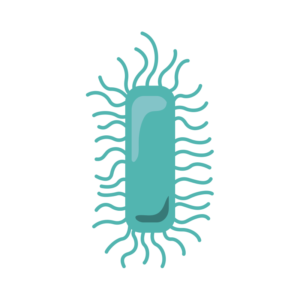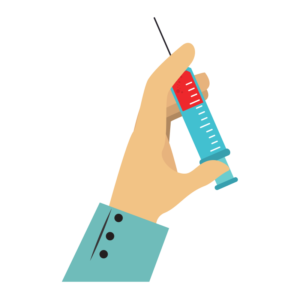Blog
How Vaccines Work
- April 23, 2019
- Posted by: Rachel Quattrin
- Category: Prevention Teen Tween
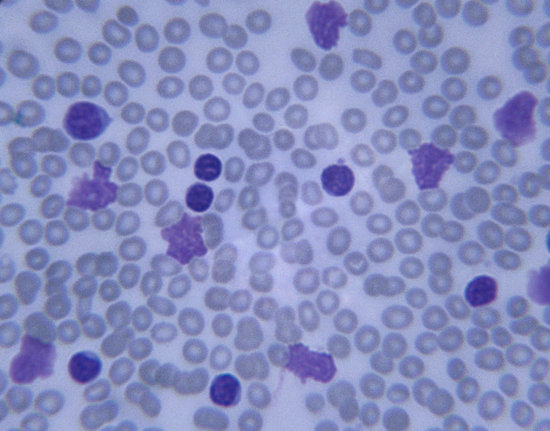
You have most likely heard the recent news about the measles outbreaks and the hesitancy from some individuals to vaccinate their children. With all of the different information found online, it is hard to know what is true and what isn’t. Not surprisingly, you may have questions like, “What does a vaccine do?”, “Is a vaccine safe?”, or even “Why should I get vaccinated if everyone else is already vaccinated?”. This blog will talk about how vaccines work, why they are important, and why it’s so important to be fully vaccinated.
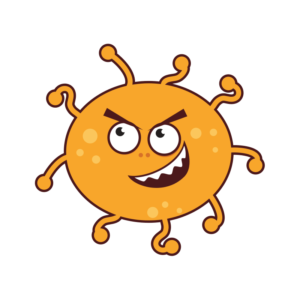
So how do vaccines work? A vaccine is sort of like a practice run for the body’s natural defense: the immune system. Normally, when a bacteria or virus enters the body, the immune system has cells called lymphocytes that produce antibodies that help fight the virus or bacteria. Unfortunately, the body takes time to recognize the bacteria or virus, produce the antibodies, and fight the infection back. Sometimes it takes too long for the body to recognize and fight the infection back, and that is when serious harm can be done to the body. This is where vaccines come in. Vaccines contain weakened or dead forms of bacteria or viruses that cannot cause an infection. Using the dead bacteria/viruses, the body can recognize the threat and create antibodies to eliminate the dead bacteria/viruses. What is so fascinating about the human immune system is that it has memory cells floating throughout the body. These memory cells can now recognize actual bacteria/viruses, produce antibodies at a faster rate, and wipe out the bacteria/viruses before an infection can occur. So basically, vaccines allow the body to have a trial run at beating down infections before it has to fight an actual infection for real.
How safe are vaccines? Every vaccine is tested for safety and effectiveness before doctors can use them on their patients. The most common side effects are mild, such as redness and swelling at the injection site, or muscle and joint pain. A more serious side effect is an immediate allergic reaction, or anaphylactic shock. However, the chance of getting anaphylactic shock from a vaccine is 1 in 1 million. The risk of getting an illness from not vaccinating far outweighs the risk of rare vaccine side effects.
Why is it important for me to be vaccinated if everyone else already is? Most importantly, health officials want a lot of people to get vaccinated in order to get herd immunity. Herd immunity is something that happens when most people in a community are vaccinated against a certain disease, then protects those people who cannot get vaccinated. With herd immunity, it’s harder for the disease to travel from person to person, and the entire community is less likely to get the disease. Some people have allergic reactions to vaccines or may have a disease that affects the immune system, like cancer or HIV/AIDs. These people have weakened immune systems, so they depend on everyone else to get vaccinated so they can stay healthy. Getting vaccinated protects you and others around you.
After reading this, you should know how vaccines work and why they are important. Getting vaccinated is important for not only your own personal health, but for the health of others as well. It’s important to be vaccinated against all vaccine-preventable diseases, and to encourage friends and family to do the same!
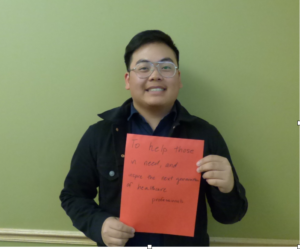
This blog was written for Healthy Young NV by Joshua – Student Ambassador for High Sierra AHEC.
Resources:
https://www.livescience.com/32617-how-do-vaccines-work.html
https://www.ncbi.nlm.nih.gov/pmc/articles/PMC4783279/
https://www.cdc.gov/vaccines/parents/vaccine-decision/index.html
https://www.vaccines.gov/basics/work/protection/index.html

